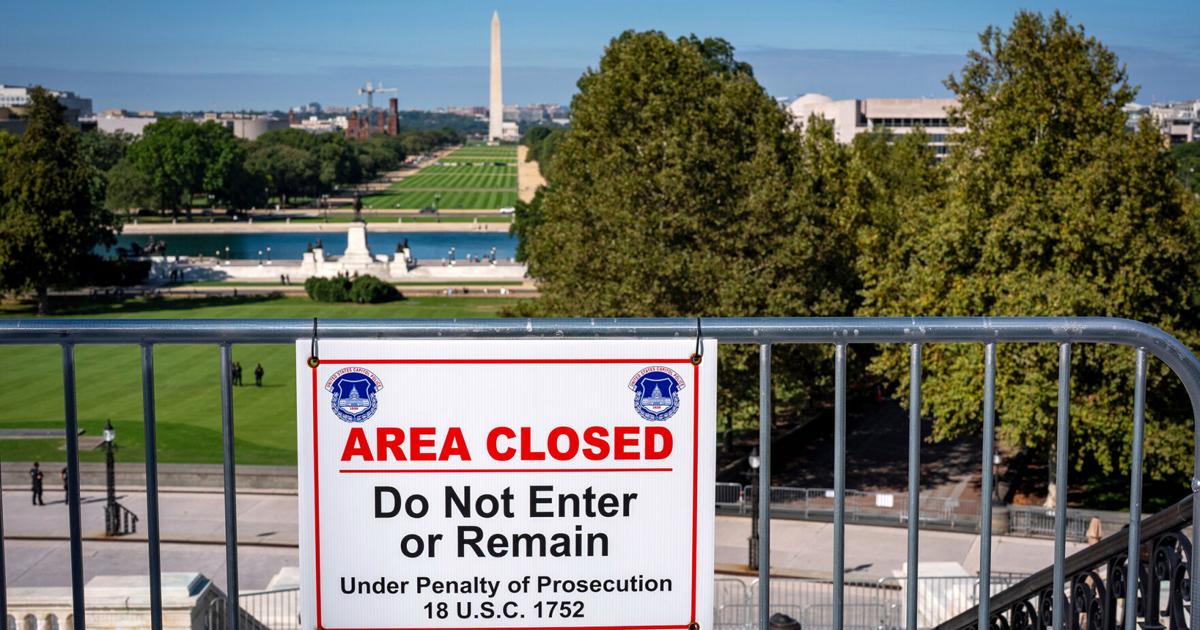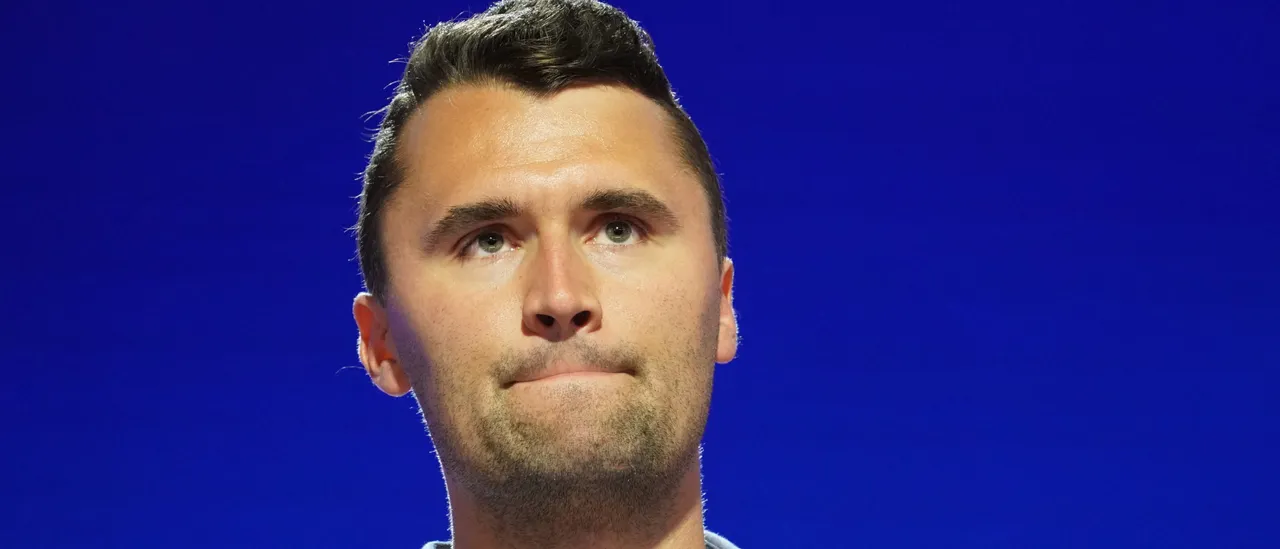
WASHINGTON — Senate Democrats kept their promise to reject any Republican spending bill that didn’t extend or restore health care benefits, choosing instead to force a government shutdown. Now they have to figure out how to get out of it.
Just hours after the shutdown began, Senate Democratic Leader Chuck Schumer said that if the Republicans work with them, “the shutdown could go away very quickly.”
Republican leaders — Senate Majority Leader John Thune, House Speaker Mike Johnson and President Donald Trump — say they won’t negotiate or be “held hostage ” by Democrats demanding concessions to reopen the government.
While that uncompromising Republican position may not last long — there were some early, informal talks on the Senate floor Wednesday — reaching a deal would be difficult. It’s deeply uncertain, for now, if the two sides can find common ground on health care policy or sow enough trust for the Democrats to change their position.
At the same time, an extended shutdown could be increasingly painful for Democrats. The Trump administration threatened to lay off thousands of workers and target Democratic-leaning states. On Wednesday, the White House announced it put a hold on subway and tunnel projects in Schumer’s home state of New York.
Some wavering
Republicans were encouraged Tuesday evening when three Democrats voted with them to keep the government open — Democratic Sens. John Fetterman of Pennsylvania and Catherine Cortez Masto of Nevada and Independent Sen. Angus King of Maine.
Republicans, who hold the majority, need eight Democrats to win the 60 votes needed for passage in the 53-47 Senate. Kentucky Sen. Rand Paul was the only Republican to vote with Democrats against the measure.
Thune scheduled repeated votes on the measure, which failed 55-45 on Tuesday night and again Wednesday morning.
Republicans are eyeing several moderate Democrats who appeared to waver before casting “no” votes Tuesday night, including Sens. Jeanne Shaheen of New Hampshire and Gary Peters of Michigan. Both voted to keep the government open in March, along with Schumer, while many of their colleagues voted for a shutdown.
But Shaheen and Peters each voted no on Tuesday after extensive negotiations with colleagues in both parties on the floor. Shaheen said afterward that “I have been in intensive conversations with colleagues from both sides of the aisle on how to find a path forward and I’m eager to work with my Republican colleagues to find common ground.”
At a crossroad
As some Democrats are already looking for a way out, others say they need to dig in and fight.
Listen now and subscribe: Apple Podcasts | Spotify | RSS Feed | SoundStack | All Of Our Podcasts
“As Donald Trump’s lawlessness grows during this shutdown, our spines should stiffen, not bend,” Sen. Chris Murphy of Connecticut said in a social media post on Wednesday. “Let’s stand for something. The American people don’t want us to fund the destruction of their health care and the destruction of our democracy.”
The divisions in the caucus pose a dilemma for Schumer, who was blasted by base voters and activists in March when he voted with Republicans to keep the government open. Many Democrats in the House and Senate suggested shutting down the government is their only leverage to fight Trump and push back on his policies, including health care and spending cuts.
Federal government shutdown continues; Jane Goodall dies
Health care
Democrats demanded that Republicans immediately extend health care subsidies for people who purchase coverage through the Affordable Care Act marketplaces. The expanded subsidies first put in place in 2021 during the COVID-19 pandemic are scheduled to expire at the end of the year, raising premium costs for millions of people.
Many Republicans say they’re open to an extension, but they want to see changes. Other Republicans — especially in the House — see it as an unacceptable expansion of President Barack Obama’s signature health care law, which Republicans tried to eliminate or cut back since it was enacted 15 years ago.
Johnson has not committed to talks on the issue and said, “There has to be reform.”
Thune repeatedly said Republicans are willing to negotiate on the issue once the government reopens.
Even so, some Republicans began informal talks with Democrats on the Senate floor Wednesday about potentially extending the expanded subsidies for a year and then eventually phasing them out.
Lessons from the past
Past shutdowns show that it’s hard to win major concessions by closing the government.
In 2018, the government shut down for three days as Democrats, led by Schumer, insisted that any budget measure come with protections for young immigrants known as “Dreamers” under the Obama-era Deferred Action for Childhood Arrivals program. They voted to reopen after then-Majority Leader Mitch McConnell promised only a vote on the issue.
Later that year, Trump forced a shutdown over funding for his border wall and retreated after 35 days as intensifying delays at the nation’s airports and missed paydays for hundreds of thousands of federal workers.
Sen. Ted Cruz, R-Texas, and House Republicans triggered a shutdown in 2013 over Obama’s health care law. Bipartisan negotiations in the Senate finally ended the shutdown after 16 days, and Republicans did not win any major concessions on health care.
Get Government & Politics updates in your inbox!
Stay up-to-date on the latest in local and national government and political topics with our newsletter.
* I understand and agree that registration on or use of this site constitutes agreement to its user agreement and privacy policy.



